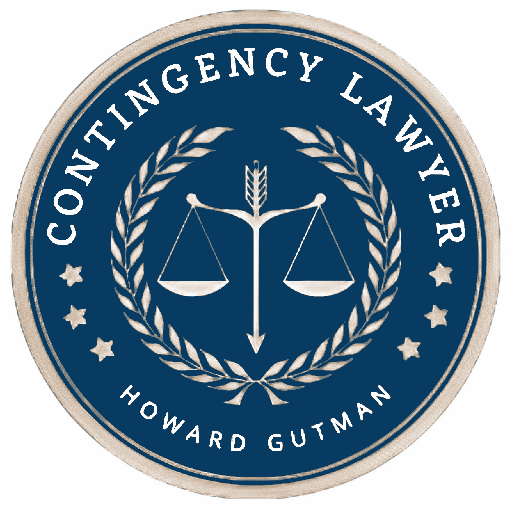In the legal world, contingency lawyers provide a unique opportunity for clients to pursue their cases without having to pay fees upfront. However, there are common mistakes that can hinder your chances of getting a contingency lawyer to take on your case. In this article, we will explore some of these mistakes and provide helpful tips on how to avoid them.
1. Credibility Concerns
One of the biggest concerns for contingency lawyers is the credibility of the case presented to them. Unlike hourly works, where the lawyer gets paid regardless of the outcome, contingency lawyers work with a large safety net. If the facts of the case are not as strong as initially thought, or if witnesses turn out to be less credible than hoped, the lawyer may not take on the case.
In a contingency case, the lawyer takes on greater risks, as they only get paid if the case is successful. If any misleading information or credibility issues arise during the case presentation, the lawyer may choose to reject the case. It is important to be upfront and honest with your lawyer to ensure a successful outcome.
2. Relying on Description Rather Than Merits
When presenting your case to a contingency lawyer, it is crucial to focus on the merits of the case rather than just the description. For example, if you tell the lawyer that you suffered a fall and broke your leg, it may seem like a straightforward case. However, if another client tells the lawyer about a similar case that resulted in a six-figure settlement, the lawyer may be skeptical.
It is essential to provide detailed information about the injuries, damages, and other relevant facts of the case. Focus on the strength of the case itself, rather than potential monetary gain. Remember, contingency lawyers are experienced in evaluating cases based on their merits, not just the description provided.
3. Prior Dissatisfaction with Lawyers
If you have had prior negative experiences with lawyers, it may create concern for a contingency lawyer considering taking on your case. It is essential to address any past issues or concerns openly and honestly with your potential lawyer. Communication is key in building a strong and trusting relationship with your lawyer.
By being transparent about any prior dissatisfaction with lawyers, you can help alleviate any concerns the contingency lawyer may have about taking on your case. Building trust and open communication is crucial in ensuring a successful outcome for your legal matter.
In conclusion, when seeking a contingency lawyer to take on your case, it is essential to avoid common mistakes that may hinder your chances. Be honest and upfront about the facts of your case, focus on the merits rather than just the description, and address any prior dissatisfaction with lawyers openly. By following these tips, you can increase your chances of finding a successful contingency lawyer to represent you.
Free Initial Consultation
We provide a complimentary initial telephone consultation to discuss your claim. Don’t hesitate to call or email us to explore your legal options.
You may also like:






Leave a Reply